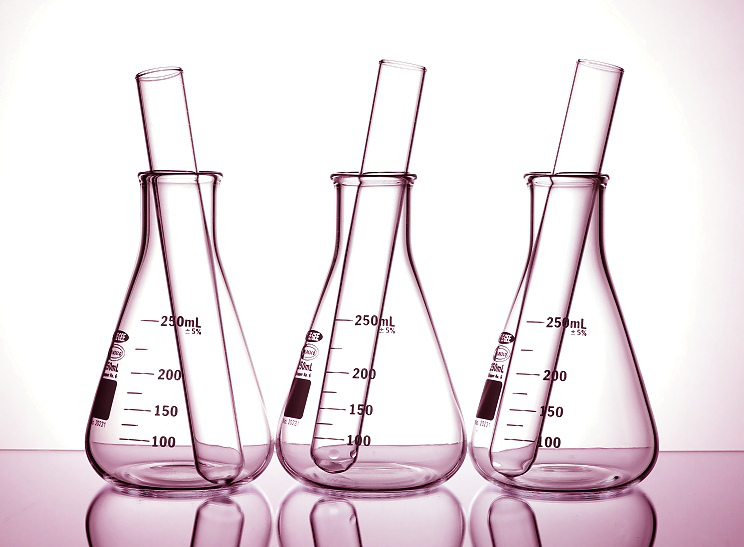University Ripped For Pushing Chocolate Milk As Concussion Treatment
Right before Christmas, the Maryland Industrial Partnerships (MIPS) program, which teams up state school researchers with local companies, sent out a press release claiming that some new brand of chocolate milk “helped high school football players improve their cognitive and motor function over the course of a season, even after experiencing concussions.”
But a panel at HealthNewsReview.org, a site that evaluates news stories and press releases on health-related issues, recently shredded the chocolate milk announcement, saying that facts are “are almost absent from this boastful release touting vague neurological benefits of a specific chocolate milk.”
The panel criticizes the release for not providing specifics on the extent of the measured improvement. Additionally, researchers used a test with 36 different measurements, but did not specify which of these metrics showed improvement.
MIPS also throws out terms like “protein,” “calcium,” and “electrolytes,” which are “likely to be critical for the recovery process after brain injuries,” but glosses over the fact that a single serving of this chocolate milk contains the equivalent of eight teaspoons of sugar.
Obviously, press releases can’t be expected to contain all of the information in a piece of scientific research, which is why scientists publish their work — so it can be reviewed and reproduced.
However, in this case, the press release is all anyone has to go on, as MIPS has not yet published this study, nor does it appear to have been peer-reviewed by an outside source.
But even though the study is not being made available for public vetting, the MIPS release includes a statement from a school superintendent who says “Now that we understand the findings of this study, we are determined to provide [the chocolate milk] to all of our athletes.”
Health-issues writer Casey Hinds contends that this statement runs counter to “peer-reviewed and published research which show high-sugar diets increase the risk of chronic diseases like Type 2 diabetes, non-alcoholic fatty liver disease and cancer.”
We showed the release to Kathleen Bachynski, a Ph.D. candidate in Sociomedical Sciences at Columbia University’s Mailman School of Public Health, who had a number of concerns about the MIPS announcement.
“A concussion is a form of traumatic brain injury that can cause serious short- and long-term consequences. Claims that drinking any particular beverage or product will alleviate the risks of concussions are misleading,” says Bachynski. “Most concerning is that promoting the benefits of this chocolate milk could misguide teenagers into attempting to return to play too soon after experiencing a concussion, and before seeking proper medical attention.”
We reached out to MIPS and the University of Maryland to see if they had any response to the criticism.
“The findings from the study conducted by the University of Maryland and funded by the Maryland Industrial Partnerships program are preliminary,” reads a statement from a university spokesperson. “While the study results are promising, university researchers advise that more in-depth studies are required to be conclusive.”
That is true. The press release does include this caution about the need for more research, though it’s worth noting that it comes in the eleventh paragraph of the announcement, and after a headline that make a much more definitive statement: “Concussion-Related Measures Improved in High School Football Players Who Drank New Chocolate Milk, UMD Study Shows.”
We also asked the school it it would be willing to make a copy of the study available, but received no reply on that question.
Criticism of MIPS comes in the immediate wake of the collapse of the Global Energy Balance Network, a Coca-Cola-funded anti-obesity program based at the University of Colorado.
After it was revealed that Coke had provided the funding for GEBN, which downplayed the role of sugary drinks and food in obesity, the organization denied that the soda giant was directly influencing its agenda.
However, subsequently unearthed emails show that Coca-Cola’s active participation in GEBN was “non-negotiable” and that the company viewed the organization as the equivalent of a “political campaign” to “develop, deploy and evolve a powerful and multi-faceted strategy to counter radical organizations and their proponents.”
Want more consumer news? Visit our parent organization, Consumer Reports, for the latest on scams, recalls, and other consumer issues.


